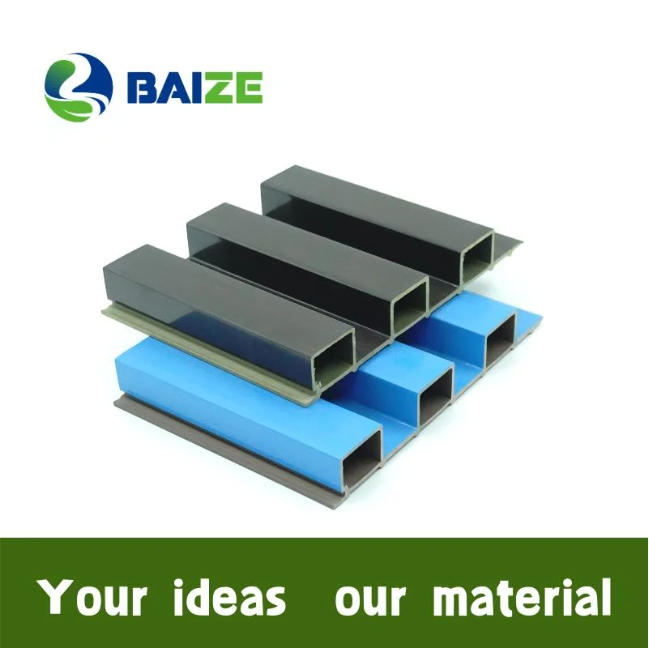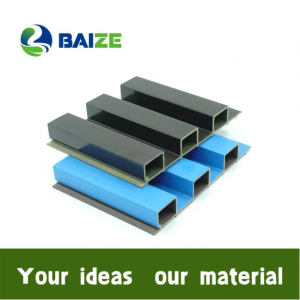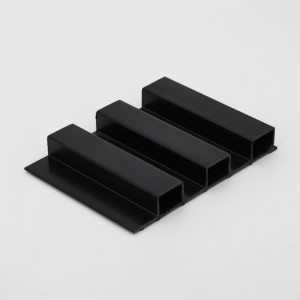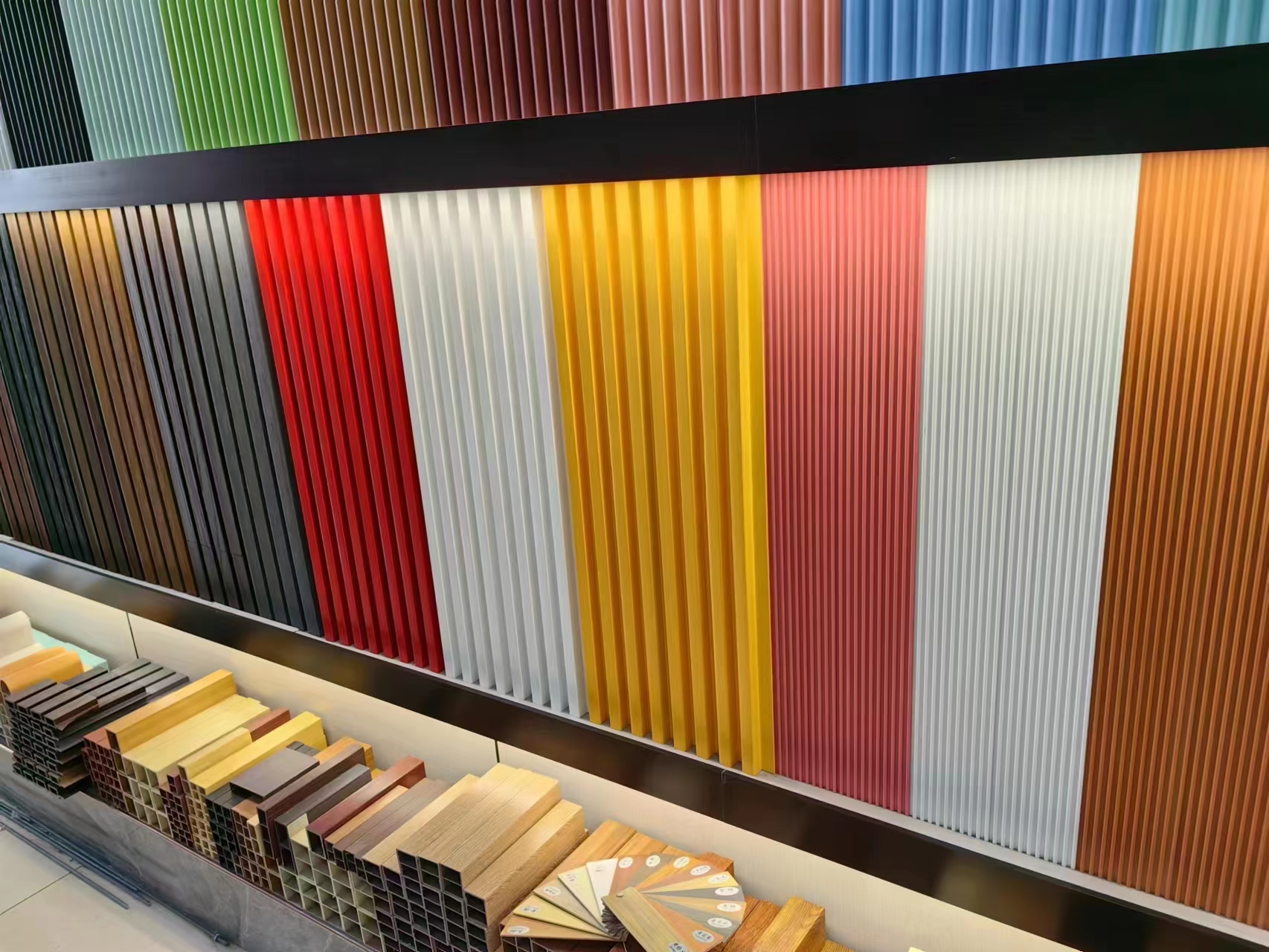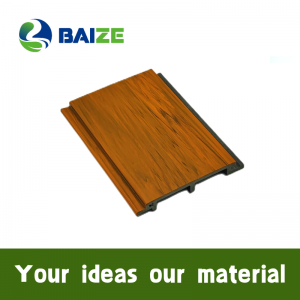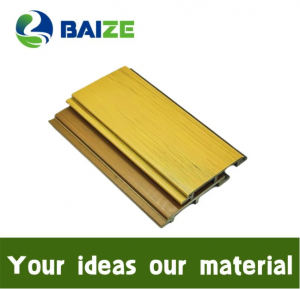WPC ASA Exterior Wall Panel
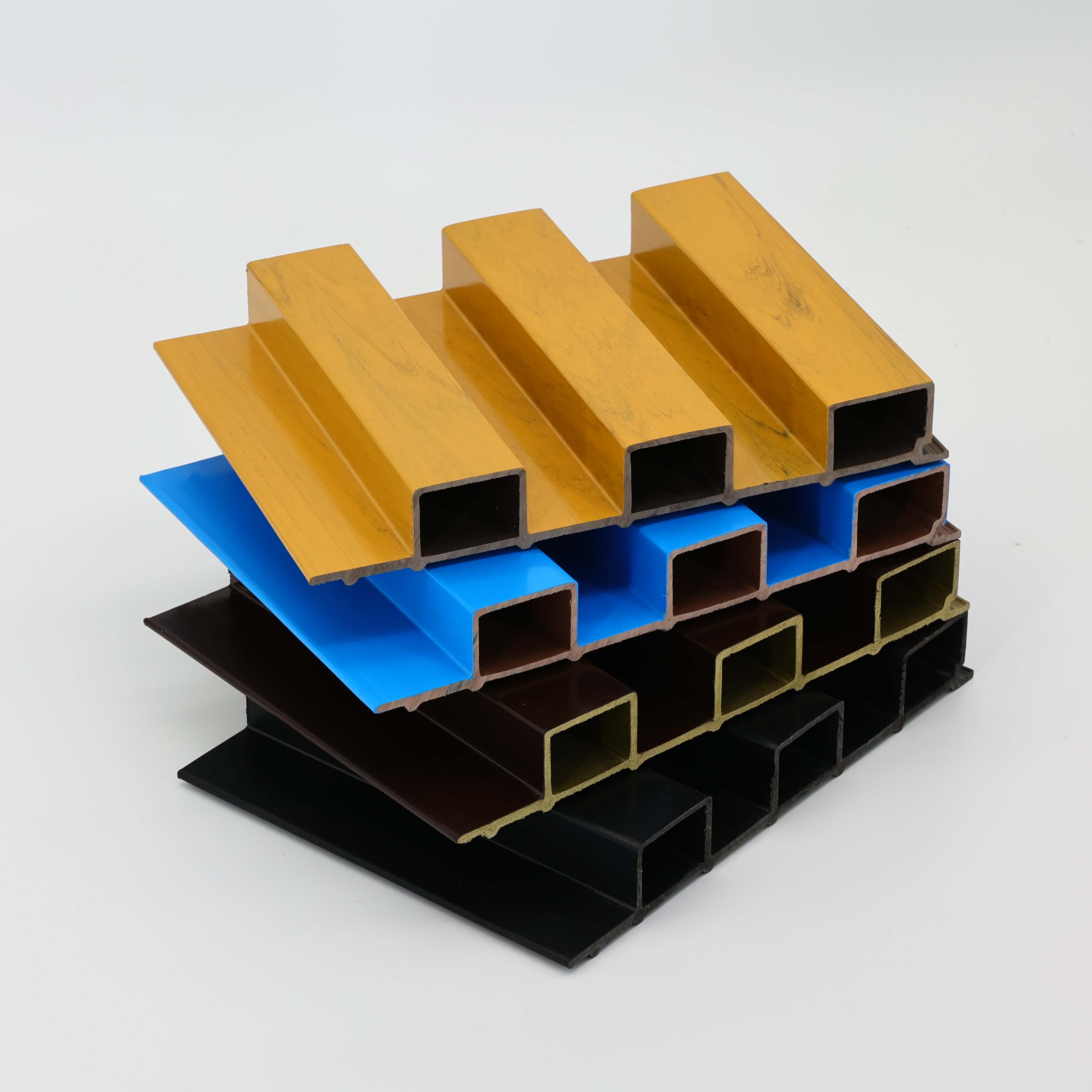
Materials: WPC panels are made from a combination of wood fibers and recycled plastic, creating a sustainable and eco-friendly material. ASA panels are made of aluminum composite materials with an ASA outer layer for added weather resistance. Traditional wall panels are typically constructed from materials like wood, brick, or cement.
Durability: WPC and ASA panels boast superior durability compared to traditional wall panels. They are resistant to rot, decay, and damage from insects, making them ideal for long-term use. ASA panels, in particular, have a high resistance to weathering, corrosion, and UV radiation. Traditional wall panels, on the other hand, can be more susceptible to damage from moisture, insects, and weather-related factors.
Maintenance: WPC and ASA exterior wall panels require minimal maintenance compared to traditional wall panels. They do not need regular painting or staining, and can be easily cleaned with soap and water. Traditional wall panels, especially wooden ones, require periodic painting, staining, or sealing to prevent damage and maintain their appearance.
Insulation: Both WPC and ASA wall panels offer better thermal insulation compared to traditional wall panels. This results in increased energy efficiency, as well as improved indoor comfort. Traditional wall panels, especially those made from materials like brick or cement, may not offer the same level of insulation.
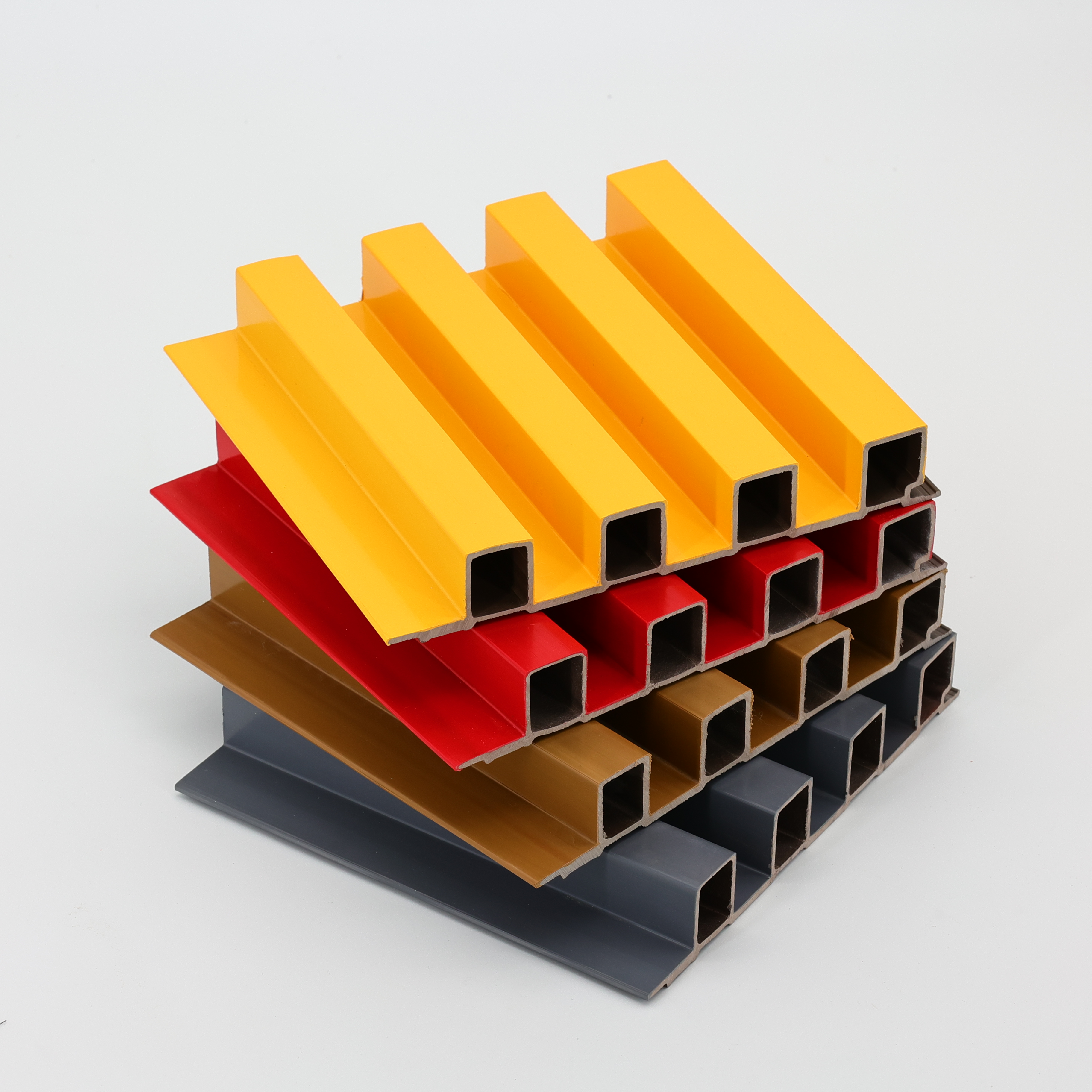
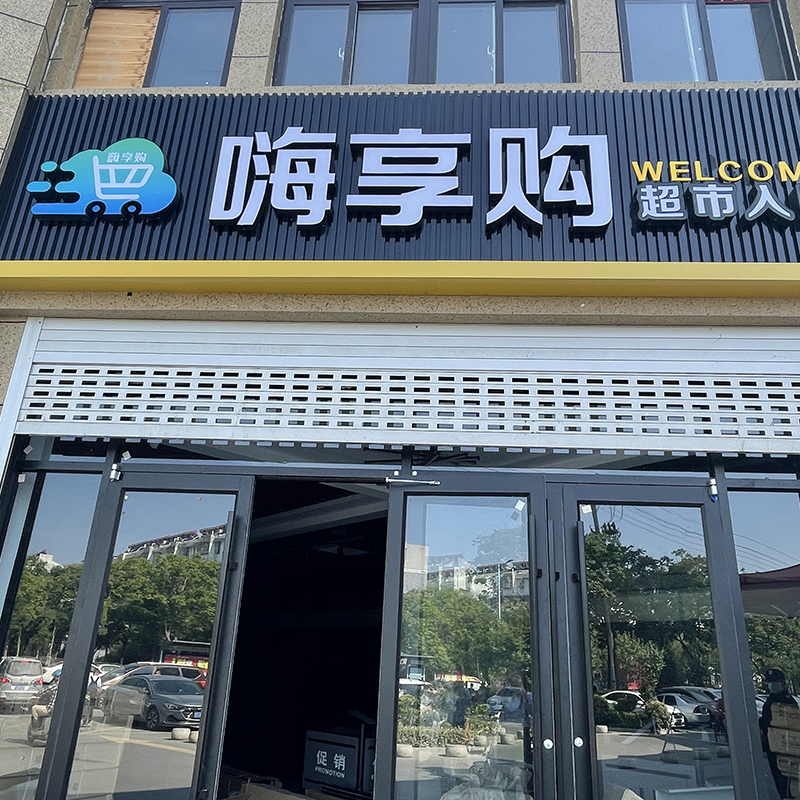
Aesthetics: WPC and ASA exterior wall panels are available in various colors, textures, and finishes, making it easy to match any architectural style or design preference. Traditional wall panels may offer a more classic look, but they often lack the versatility and customization options available with modern materials.
In conclusion, WPC and ASA exterior wall panels offer numerous advantages over traditional wall panels, including improved durability, lower maintenance, better insulation, and a wide range of aesthetic options. While traditional wall panels may still be preferred for some applications due to their classic appearance, it is worth considering the benefits of WPC and ASA panels for new construction or renovation projects.
| Product name | ASA Co-extrusion Wall Cladding |
| Size | 159mm x 28mm, 155mm x 25mm, 195mm x 12mm, 150mm x 9mm |
| Features | Hollow Grilling |
| Material | Wood Flour (wood flour is mainly poplar flour) Acrylonitrile Styrene Acrylate (ASA) Additives (antioxidants, colorants, lubricants, UV stabilizers, etc.) |
| Color | Wood;Red;Blue;Yellow;Grey;Or customized. |
| Service life | 30+ Years |
| Characteristics | 1.ECO-friendly, nature wood grain texture and touch 2.UV & fade resistance, high density,durable use 3.Suitable from -40℃ to 60 ℃ 4.No painting ,NO glue, low maintenance cost 5.Easy to install & low labor cost |
| The differences between wpc and wood materials: | ||
| Characteristics | WPC | Wood |
| Service life | More than 10 years | Annual maintenance |
| Prevent termite erosion | Yes | No |
| Anti-mildew ability | High | Low |
| Acid and alkali resistance | High | Low |
| Anti-aging ability | High | Low |
| Painting | No | Yes |
| Cleaning | Easy | General |
| Maintenance cost | No maintenance,Low cost | High |
| Recyclable | 100% recyclable | Basically not recyclable |

